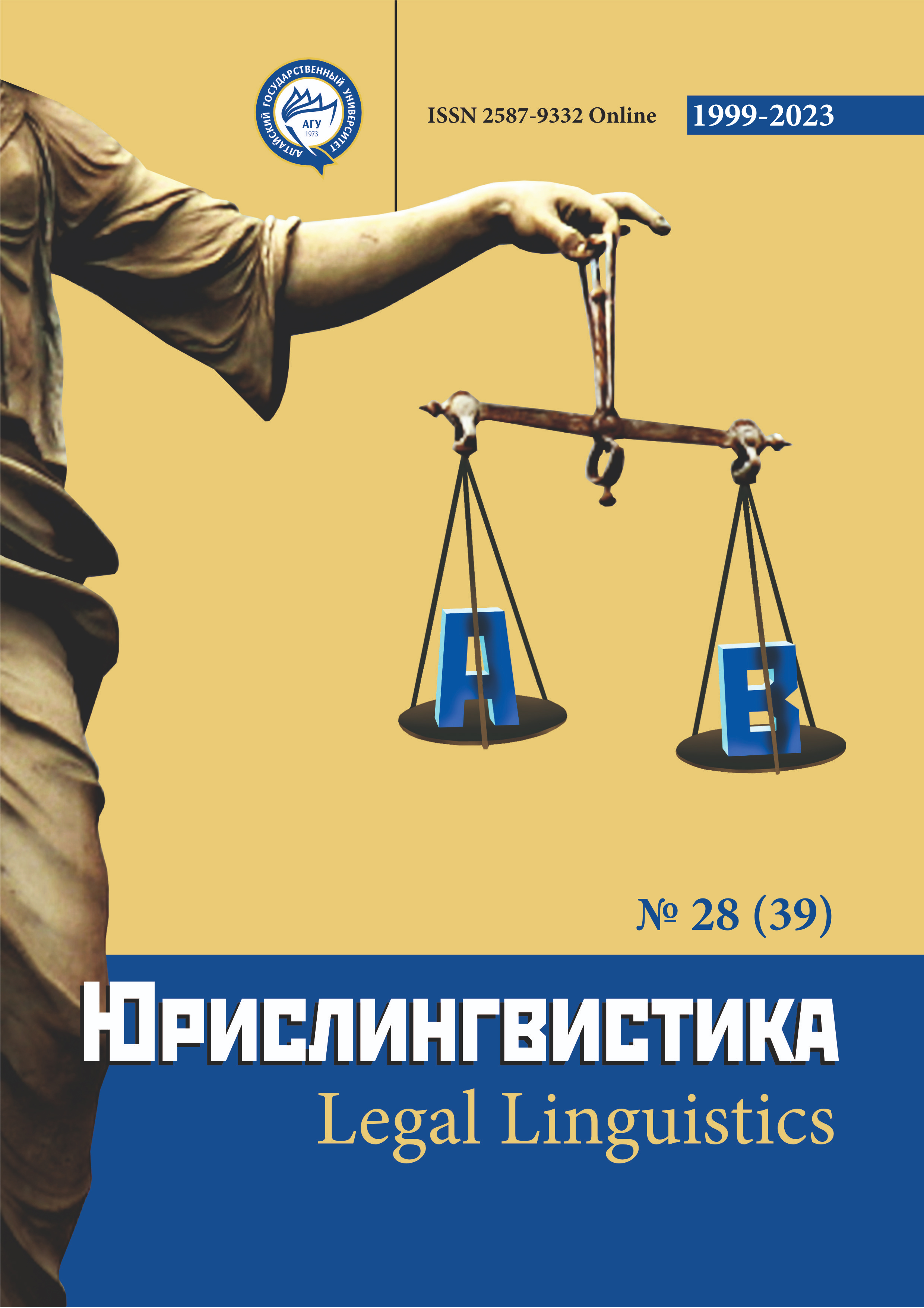The Concept of "Atypical Employers" and Their Types
УДК 349.2:347.122, ББК 67.405.1
Abstract
The article investigates the concept of "atypical employers". The relevance of stating a new term is emphasized. It is noted that the diversity of types of employers as subjects of labor law makes it necessary to single out not only types, but also to carry out a certain typology. The types of employers considered in the article allow the authors to divide them into two large groups: typical and atypical employers. As an example of atypical employers, the specifics of employers - small businesses classified as micro-enterprises are revealed. The general essential features and peculiarities are singled out, which acquire uncharacteristic, that is, atypical manifestations for individual employers. It is concluded that an atypical employer is a subject of labor law with a special legal status.
Downloads
Metrics
References
Воскресенская Е. В., Диденко А. В. Виды работодателей в трудовом праве России / Актуальные проблемы российского права на современном этапе. – 2015. – № 1. – С. 28-31.
Воскресенская Е. В. Проблемы правового статуса отдельных нетипичных субъектов трудового права / Ленинградский юридический журнал. – 2015. – № 3. – С. 139-148.
Головина С. Ю. Выбор терминов для обозначения понятий в трудовом праве / Правоведение. – 2000. – № 5 (232). – С. 49-59.
Жильцов М. А. Правосубъектность организации как работодателя. Екатеринбург, 2002.
Зайцева О. Б., Тулупова, Ю. Г. Нетипичные работодатели в Российской Федерации: правовая природа и перспективы развития. Монография. М., 2016.
Конституция Российской Федерации : принята всенародным голосованием 12.12.1993 (в ред. 14.03.2020) / Собрание законодательства РФ. – 2014. – № 31. – Ст. 4398.
Кучина Ю. А. Особенности правового регулирования труда работников, работающих у работодателей – физических лиц. Екатеринбург, 2005.
Лаптев В. А. Предпринимательские объединения. М., 2008.
Об акционерных обществах : федеральный закон № 208-ФЗ от 26.12.1995 (в ред. 25.02.2022) / Собрание законодательства РФ. – 1996. – № 1. – Ст. 1.
О правовом положении иностранных граждан в Российской Федерации : федеральный закон № 115-ФЗ от 25.07.2002 (в ред. 28.06.2022) / Собрание законодательства РФ. – 2002. – № 30. – Ст. 3032.
Об обществах с ограниченной ответственностью : федеральный закон № 14-ФЗ от 08.02.1998 (в ред. 02.07.2021) / Собрание законодательства РФ. – 1998. – № 7. – Ст. 785.
О внесении изменения в Трудовой кодекс Российской Федерации в части регулирования труда лиц, работающих у работодателей-субъектов малого предпринимательства, которые отнесены к микропредприятиям : федеральный закон № 348-ФЗ от 03.07.2016 / Собрание законодательства РФ. – 2016. – № 27. – Ст. 4281.
О внесении изменения в Трудовой кодекс Российской Федерации : федеральный закон № 477-ФЗ от 29.12.2020 / Собрание законодательства РФ. – 2021. – № 1. – Ст. 16.
Савин В. Т. К вопросу о понятии работодателя – юридического лица (организации) как субъекта трудовых отношений / Пробелы в российском законодательстве. – 2013. – № 6. – С. 148.
Трудовой кодекс Российской Федерации № 197-ФЗ от 30.12.2001 (в ред. 25.02.2022) / Собрание законодательства РФ. – 2002. – № 1. – Ст. 3.
Шестерякова И. В., Шестеряков И. А. Особенности трудового договора работников, занятых у работодателей – субъектов малого предпринимательства / Вестник Саратовской государственной юридической академии. – 2018. – № 7. – С. 223.
Copyright (c) 2023 Елена Киселева , Дана Цыбенко

This work is licensed under a Creative Commons Attribution 4.0 International License.
The authors, which are published in this journal, agree to the following conditions:
1. Authors retain the copyright to the work and transfer to the journal the right of the first publication along with the work, at the same time licensing it under the terms of the Creative Commons Attribution License, which allows others to distribute this work with the obligatory indication of the authorship of this work and a link to the original publication in this journal .
2. The authors retain the right to enter into separate, additional contractual agreements for the non-exclusive distribution of the version of the work published by this journal (for example, to place it in the university depository or to publish it in a book), with reference to the original publication in this journal.
3. Authors are allowed to post their work on the Internet (for example, in a university repository or on their personal website) before and during the review process of this journal, as this may lead to a productive discussion, as well as more links to this published work (See The Effect of Open Access).











